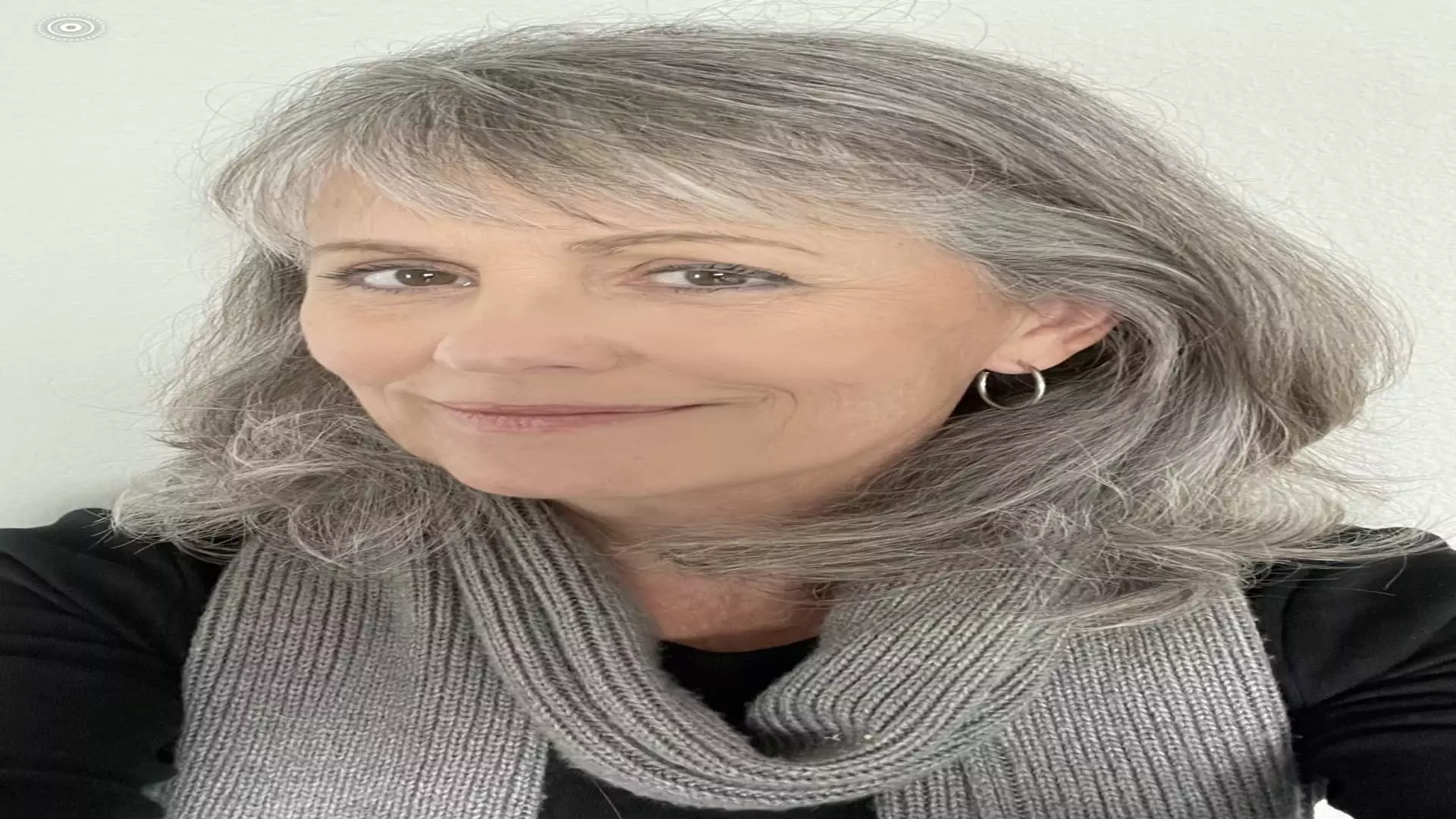The recent resignation of Ann Telnaes, a Pulitzer Prize-winning cartoonist, from The Washington Post has ignited a significant debate on editorial independence within media outlets. Telnaes departed following the rejection of a politically charged cartoon that lampooned powerful billionaires, including a likeness of Jeff Bezos, bowing to President-elect Donald Trump. This incident not only highlights the challenges faced by journalists who seek to critique figures in power but also serves as a lens through which we can examine the contemporary relationship between media, politics, and financial influence.
Telnaes described her artistic reflection as a satirical portrayal of billionaires who, in her view, have compromised their integrity to appease the incoming administration. The sketch depicted recognizable figures from the tech world kneeling before Trump, a graphic statement about the perceived sycophancy of wealthy elites. Yet, instead of being heralded for her bold critique, Telnaes found her work suppressed. She expressed her frustration in a blog post, noting that this was the first time a cartoon was “killed” based on the target of her commentary.
The cartoon itself, shared on Telnaes’ Substack, included distinct features illustrating a stark hierarchy between the billionaires and Trump—a symbolic act of submission, suggesting a troubling trend where corporate interests seemingly align with political figures at the sacrifice of journalistic integrity.
David Shipley, the editorial page editor of The Washington Post, defended the decision to reject the cartoon, stating that the reasoning was grounded in the overlap with existing content rather than censorship based on political sensitivity. He clarified that the publication had recently released a column on similar topics, and that editorial consistency was a priority. However, this defense raises questions about the limits of editorial discretion and the definition of “repetition” in the context of political commentary.
Shipley’s assertion that not every editorial decision stems from a “malign force” might be seen as a way to mitigate accusations of bias and suppression. However, it does little to quell the concerns of censorship when the content in question manifests as a critique of highly influential figures. Such events can sow seeds of distrust among journalists regarding the protection of their creative freedoms and the commitment of their employers to stand behind contentious viewpoints.
The Wider Implications for Media and Democracy
Telnaes’ resignation must be viewed against the backdrop of a media landscape fraught with power struggles and commercial interests. The Washington Post, like many major news organizations, operates under pressures that can often complicate editorial choices. In recent years, incidents of perceived bias or influence from corporate ownership, particularly in politically charged environments, have prompted discussions about the separation of media and wealth.
This dynamic becomes especially pronounced in light of the 2020 presidential election, a period during which corporate executives expressed varying degrees of willingness to endorse or distance themselves from political figures. Reports suggesting that Bezos and Zuckerberg contributed substantial funds to Trump’s inauguration raise red flags regarding their ability to influence reporting that may be critical of the political sphere in which they operate.
The fallout from Ann Telnaes’ resignation serves as an alarm bell regarding artistic and editorial independence in journalism. As powerful figures in the political and business realms interact, maintaining a firm boundary between influence and integrity is crucial. The role of editorial cartoonists is to provoke thought and challenge the status quo; when their work is stifled, not only does the medium suffer, but so does public discourse.
Moving forward, the onus lies on media organizations to uphold a commitment to free expression, allowing their artists the latitude to explore controversial topics without fear of reprisal. If media is to act as a watchdog, it must protect those who wield the pen—especially when that pen seeks to expose uncomfortable truths about wealth, power, and politics in America. Only through such vigilance can we promote a more democratic dialogue that truly serves the public interest.


Leave a Reply